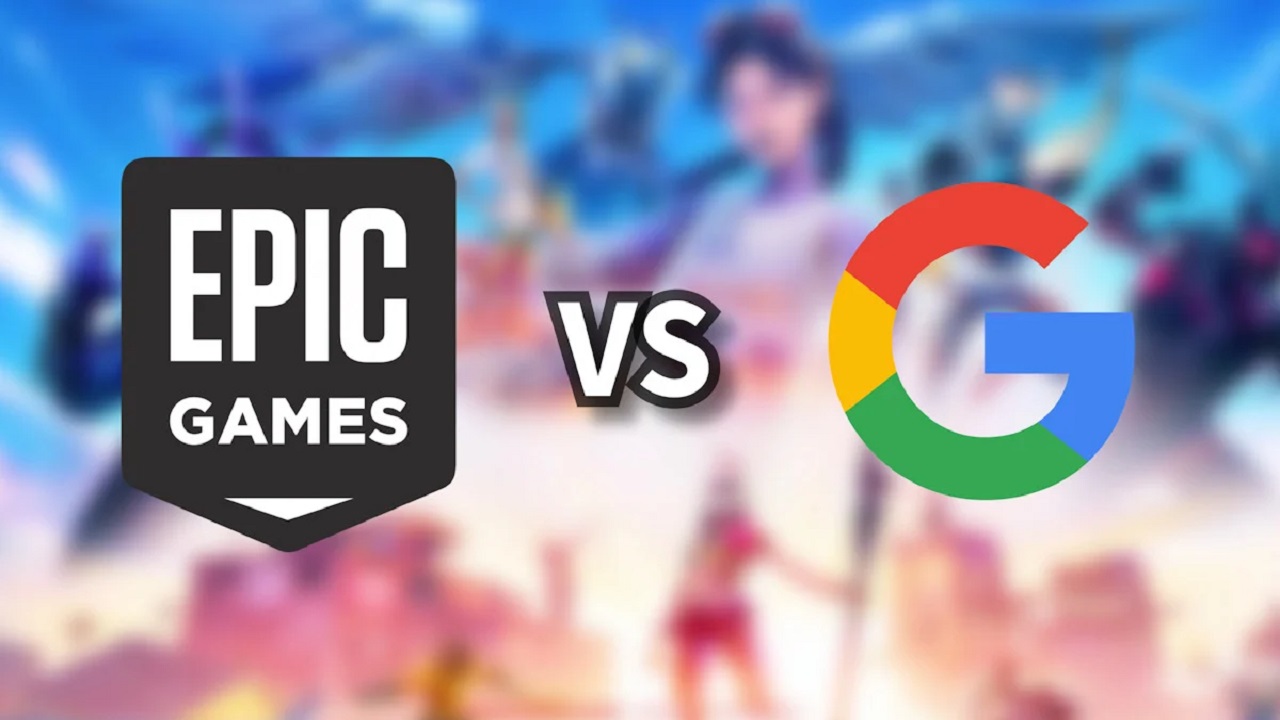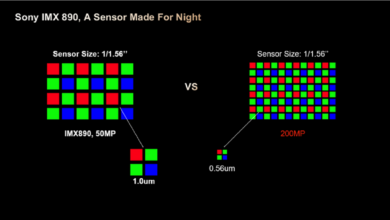Legal Battle Starts Between Epic Games and Google

Epic Games, the creators of the immensely popular video game Fortnite, has filed a lawsuit against Google in a San Francisco court. Epic Games claims that Google charges a 30% fee on in-app purchases made via the Google Play Store. As a result, Google is functioning as a monopoly. This contentious court fight raises serious concerns about Google’s control over app distribution and the fairness of its operations. The conflict between Epic Games and Google revolves around the search giant’s departure from its once-famous slogan, “Don’t be Evil,” which was created in 1998, when the company was founded.
In response, Google has categorically disputed the charges and defended its position by claiming that Android users have several other options for downloading apps. Google claims that it competes directly with Apple and denies that Google Play is a monopolistic company.
Interestingly, this legal trial serves yet another big anti-trust struggle in which Google is embroiled. Google is also facing a legal fight in Washington, where the US Department of Justice has accused Google of creating an unlawful monopoly in the search industry.
Epic Games’ charges may seem familiar, as they leveled a similar case against Apple in 2021. Epic Games had taken the tech titan to court with a very identical argument. Epic Games made a daring move in 2020 when it removed Fortnite from both Google Play and the Apple App Store, calling the fees paid by both platforms “taxes” on creators. While the judge in the Apple case eventually dismissed the claim that Apple formed a monopoly, they did allow applications to redirect users away from Apple’s in-app payment mechanism, allowing developers some freedom.
Epic Games claims that Google has effectively obstructed competition in the distribution of Android apps by erecting technological and contractual impediments. According to Epic Games, the market is not truly open since Google’s policies make it difficult for rivals and new entrants to flourish. This argument raises critical issues about the level-playing-field in the mobile app market.
Whereas the Android operating system, according to Google, supports greater competition in the app marketplace than any other platform since it is available to all developers while giving them many ways to sell their apps. Google’s position is based on the premise that developers have alternatives and that consumers are not limited to a particular channel for accessing apps on Android devices.
This legal action highlights the wider debate over the dominant positions held by tech giants in the digital ecosystem. It necessitates an examination and assessment of global rules and regulations governing the app distribution space. The relevance of this is enormous, as this marketplace affects billions of consumers worldwide. It will also shed light on the extent to which internet titans may be held accountable for their operations and if they adhere to fair competition standards.
PTA Taxes Portal
Find PTA Taxes on All Phones on a Single Page using the PhoneWorld PTA Taxes Portal
Explore NowFollow us on Google News!





